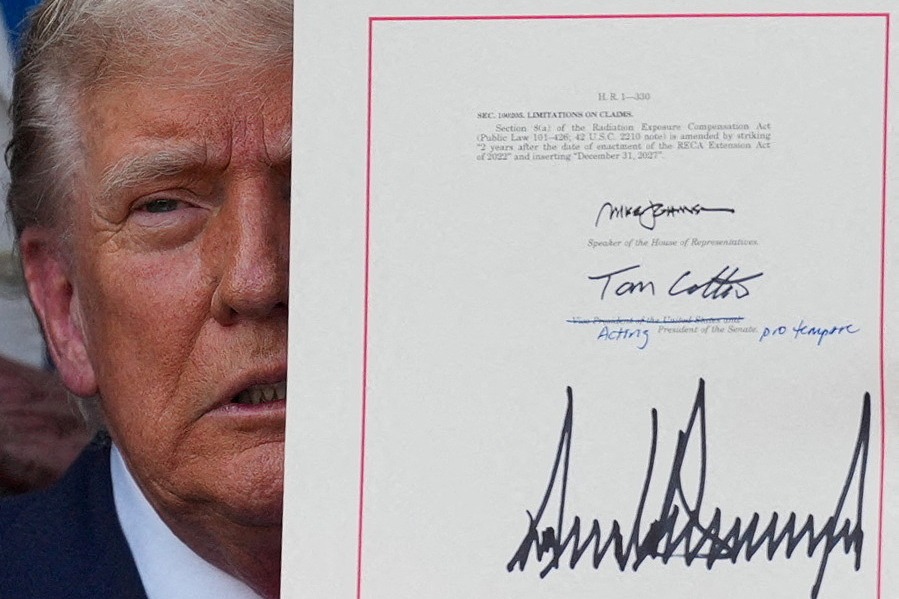Global educator calls for further bilateral exchanges

The head of an international association of educators has said her organization fully supports more educational exchanges and cooperation between the United States and China.
"There is no substitute for people-to-people exchanges, and China-US relations are very, very important," Fanta Aw, CEO of NAFSA: Association of International Educators, said. "The world needs those relationships to be strong. The students, faculty and scholars — we all benefit when we have those kinds of exchanges."
There is a long history of a "very robust" relationship between the two nations, though in recent times it has experienced some bumps, Aw said.
"I'm one who believes that given the long history of exchanges, there will be goodwill on both sides and that we both realize — all sides realize — that it is in everyone's interest. It is in the interest of the world, the US and China to maintain strong and good relationships. Healthy relationships and exchanges are very important."
Aw was named executive director and CEO this year of the nonprofit dedicated to international education and exchange. NAFSA's 10,000 members are from more than 3,500 higher education institutions in more than 150 countries.
The original name of the organization was National Association of Foreign Students. In 1990, it was formally renamed NAFSA: Association of International Educators.
Aw said international education exchange "is vitally important".
"Education abroad is one of the ways that we can ensure a deeper appreciation of each other's culture," she said, emphasizing the significance of exchanges in the area of education, especially for young people, to see the whole picture of China-US relations.
She praised China for "having done quite a lot" to encourage Chinese students to learn English. She noted the trend of more bilingual education programs in US primary and secondary schools, including English-Mandarin ones.
"I think that's wonderful because those students in primary and secondary school may have picked up Mandarin, and then chances are that when they go to college, they will want to continue. Chances are that they're going to be the students most likely to say, 'I want to go to China and study,'" Aw said. "When they are working, they will be wonderful cultural translators. They will be wonderful ambassadors because they will be able to speak about issues with much more understanding of the culture and appreciation of the nuances of the culture."
Aw related the concept of "people-to-people exchange" to "education".
"A lot of what I find as barriers have to do with education and ignorance. When people are ignorant, you always fear what you don't know. The more you're educated about it, the more you realize that we have so much in common," she said.
"So, for us at NAFSA, part of the way we want to be helpful is to ensure that universities are very aware of this. We want to ensure that we all work with the embassies, the different stakeholders, the universities, and all our partners to understand what will help facilitate that."

Today's Top News
- Xi talks with Lula over phone
- China to extend tariff suspension on imported US products
- Joint Statement on China-US Economic and Trade Meeting in Stockholm
- More grads chart career paths in west of China
- Why China's AI initiative is critically important
- Israel's Gaza takeover plan widely condemned






























